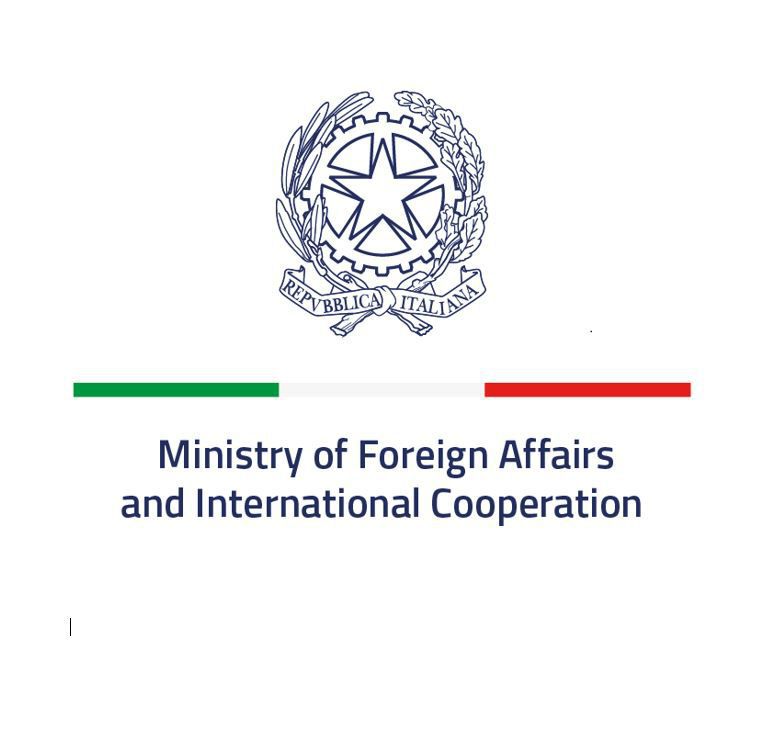MAECI – NEARSHORING AND REGIONALIZATION OF GLOBAL VALUE CHAINS: IMPLICATIONS FOR THE LABOR MARKET IN EUROPE
The Covid-19 pandemic has exposed the vulnerabilities of the fragmentation of production chains among different countries in recent decades. The pandemic’s containment measures have in fact led to an abrupt halt in the countries that introduced them but also in other countries that imported intermediate goods. The most salient examples concern not only the production of medical supplies, but also sectors not directly linked to the fight against the pandemic, such as the electronic products sector which is experiencing a period of severe shortage of essential components, such as semiconductors. These global disturbances have brought attention to the debate about efficiency and effectiveness but also the risks, economic and geo-political, linked to an excessive international fragmentation of production.
In this context, the research project analyzes the implications, in terms of employment, of the restructuring of the global value chains (GVC) oriented towards the shortening and localization of the production phases closest to the locality of consumption of final goods (nearshoring).

Objectives
The issue of nearshoring takes place in a context of decelerating the process of the fragmentation of production at the international level and of an already existing regionalization of global value chains (GVC), with strong geopolitical implications that influence the foreign policy of the countries involved in the GVCs. Promoted by the Ministry of Foreign Affairs and International Cooperation, the research project intends to:
Researchers
The group includes:
Si tratta di un gruppo di esperti nelle tematiche trattate dal progetto.
Professor Meliciani and Professor Savona have published numerous articles in prestigious international journals on the issues dealt with by the project, with a special focus on global value chains. Dr. Wirkierman is an international expert on the use of input-output tables, having published articles on this subject in prestigious international journals. Dr. Bontadini has a PhD from SPRU, University of Sussex, on the issue of global value chains, having published widely on the issues presented in the project. Dr. Drahokoupil is an expert on political economy and development, in particular in Eastern Europe.
La collaborazione tra questo gruppo di ricercatori accademici e l’ETUI è già in atto ed è consistita fino a questo momento nella produzione di uno studio sulle dinamiche di integrazione nelle catene globali del valore, la tecnologia e l’occupazione in Europa.
Aims and expected results
The research project includes various activities for disseminating the results:
Partner
The project will benefit from a partnership with the European Trade Union Institute (ETUI), the independent research center of the European Trade Union Confederation (ETUC). ETUI is a non-profit organization under Belgian law that employs a staff of 70 people from all over Europe and receives funding from the European Union. The ETUI conducts studies on socio-economic issues, industrial relations and monitors the developments of European public policies that are of strategic importance for the world of work. The project’s partner is the Ministry of Foreign Affairs and International Cooperation.
Output
The team’s intense research activity has produced the following:
1.Nearshoring and Farsharing in Europe within the Global Economy, SEP Policy Brief (June 9, 2022)
2. Episode 7 Luiss Taxi talk: Talking about the aspects of Global Value Chains Integration https://podcast.luiss.it/
Upcoming events